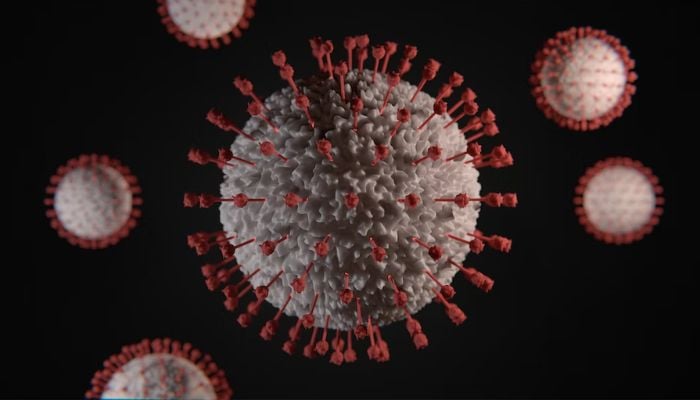Study shows plague from 700 years ago affects you today
Study analysed DNA of skeletons from 700 years ago and found mutations that helped humanity survive Black Death plague
A pioneering study published in the journal Nature has shown that the plague pandemic that hit humanity seven centuries ago left its genetic mark on humans.
In the mid-1300s, the Black Death virus spread all across Europe and killed half the population. The study has analysed the DNA of skeletons from 700 years ago and found mutations that helped humanity survive the deadly plague.
However, the same mutations were also ironically found to be associated with auto-immune diseases.
Researchers suspected that Black Death, which killed around 200 million, must have affected humans in some way and even shaped human evolution.
Experts studied DNA from the teeth of 206 ancient skeletons. They also analysed bones from mass burials in London.
The most prominent finding was around the changes found in the gene called ERAP2. Experts found that those with the "right mutation" were 40% likelier to survive.
Professor Luis Barreiro, from the University of Chicago, told the BBC it was "surprising" because the effect on the human genome was "huge".
ERAP2 is responsible for making proteins that attack foreign microbes and activate the immune system to deal with them.
Genes come in different versions. Some versions work well, while others do not. The people who were lucky enough to inherit better-functioning genes were lucky to survive.
"It's the strongest selection event in humans to date," evolutionary geneticist Professor Hendrik Poinar told BBC.
The results were then confirmed via experimentation by taking samples from people with the mutation and using the plague bacterium, Yersinia pestis.
Poinar said it was like "watching the Black Death unfold in a petri-dish".
-
NHS warning to staff on ‘discouraging first cousin marriage’: Is it medically justified?
-
Ariana Grande opens up about ‘dark’ PTSD experience
-
Dakota Johnson reveals smoking habits, the leading cause of lung cancer
-
Chris, Liam Hemsworth support their father post Alzheimer’s diagnosis
-
Tom Hanks diabetes 2 management strategy laid bare
-
Catherine O’Hara becomes beacon of hope for rectal cancer patients
-
FDA sends 'refusal-to-file' to Moderna over new flu vaccine
-
Cure flu with theses two golden foods












